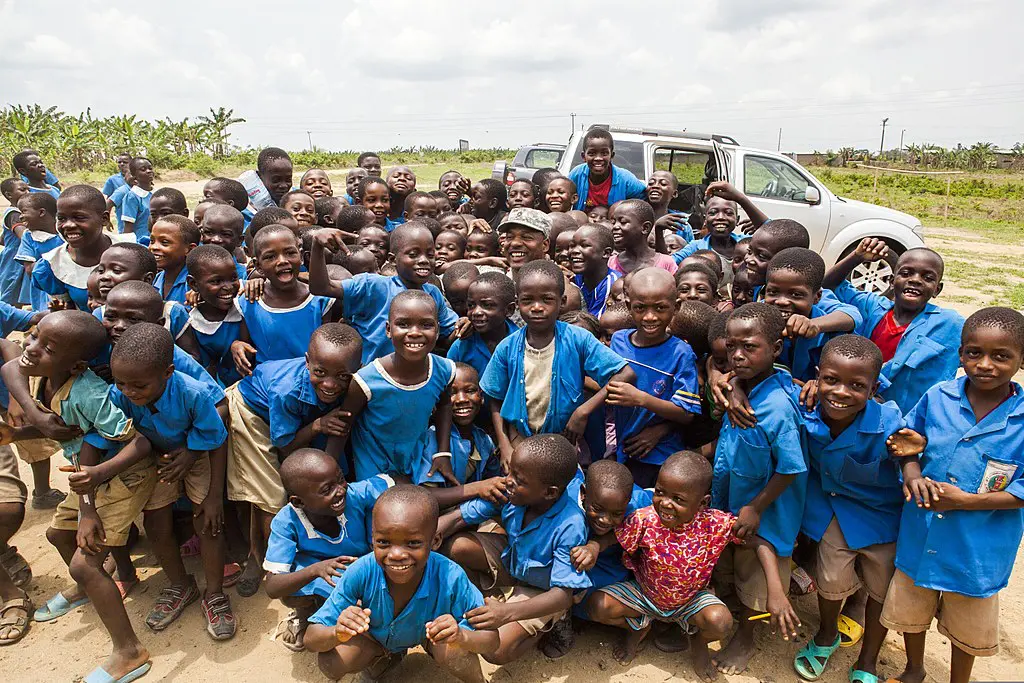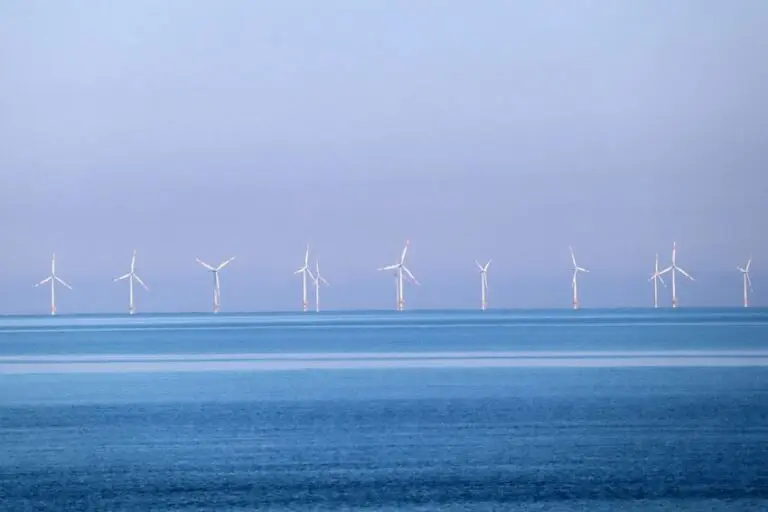Bloomberg reported this week that over 2.66 billion doses of coronavirus vaccines have now been administered across the globe, with the bulk of those doses received in Western nations.
Most people reading this will have lined up at their local leisure centre, school or sports club at some point over the last couple of months to get their vaccination without giving much thought to the resources needed to deliver such a large scale programme.

The process is actually incredibly energy-dependent as most vaccinations (including all of the coronavirus vaccines) are acutely temperature sensitive and require specialist refrigeration in transit and in storage.
Take the world’s most used covid vaccine, the Pfizer-BioNTech. The German vaccine’s maximum shelf life is six months if stored correctly between -80°C to -60°C or just a month if stored at 2-8°C. Once thawed, the vaccine cannot be re-frozen and needs to avoid room light, direct sunlight and ultraviolet light at all costs.
If these stringent conditions are not met, the vaccines are spoiled.
This sort of reactivity demands an accurate system of refrigeration all the way along the transport chain and because of this, it has become an ongoing challenge to deliver vaccines and store vaccines within developing nations.
Countries such as Niger, Congo, Mali, Yemen and Papua New Guinea for example, have all vaccinated less than 1% of their population. Poor infrastructure means that even if the vaccines were to arrive within these countries, the ability to maintain them at non-perishable levels would be almost impossible in many locations.
Unsurprisingly, the solution to this problem lies in renewable energy and some of the low-access countries are using solar powered medical refrigerators in a bid to plug the mains-grid gap.
UK-based manufacturer Dulas recently donated some of these appliances to Cameroon through its local partner, Hero Technologies, in an effort to directly address the issue.
Cameroon is listed as one of the lowest coverage countries with just 0.4% of the population vaccinated so the need to get more doses to the populace has become increasingly important.
Receiving the items on behalf of the Ministry of Public Health, Dr Judith Seunge, a senior official at the Ministry of Public Health said the donation is timely and will boost immunisation in remote areas “which is one of the areas of focus for the government at this moment”.
Hero Technologies CEO, Dr Ndambi B. Ndaya said the gift “is a demonstration of how adapted our solutions can be, and we hope the beneficiaries enjoy unmatched reliability and comfort as they use them.”
The refrigerators will ensure preparedness in the fight against Covid 19 vaccination and it’s expected that they will aid in the vaccination of thousands of people.
It’s crucial that this model of addressing the infrastructure gap is replicated across the globe to protect lives on the ground and to prevent the spread of new strains of emergent coronavirus.
As things stand, between the developed nations “hoarding” vaccine stock and the developing nations unable to access or store the vials, the BMJ reports that “at least 90% of people in 67 low income countries stand little chance of getting vaccinated against covid-19.” Oxfam’s health policy manager Anna Marriott adds that “Unless something changes dramatically, billions of people around the world will not receive a safe and effective vaccine for covid-19 for years to come.”
The steady filtering of such necessary technology into developing nation communities could also act as a catalyst for other renewable energy adoption.
Hero Technology’s Dr Ndambi confirmed that she would be looking into numerous energy solutions to serve the country and these initiatives could be beneficial to remote communities throughout the African nation.
The situation also serves as a case study for those of us comfortably vaccinated in Europe and America. Some still believe that solar isn’t ‘as reliable’ as grid but given the strict parameters that vaccine storage must adhere to, it’s clear that renewables are up to the task of delivering consistent and dependable power.
When we think of renewable energy, we tend to think of large scale wind or solar installations, but as we can see from what’s happening in India, Africa and the Pacific Islands, sometimes localised or appliance-based projects can have the most impact.
In the case of the solar powered medical refrigerator, this small technology is set to save nations.







